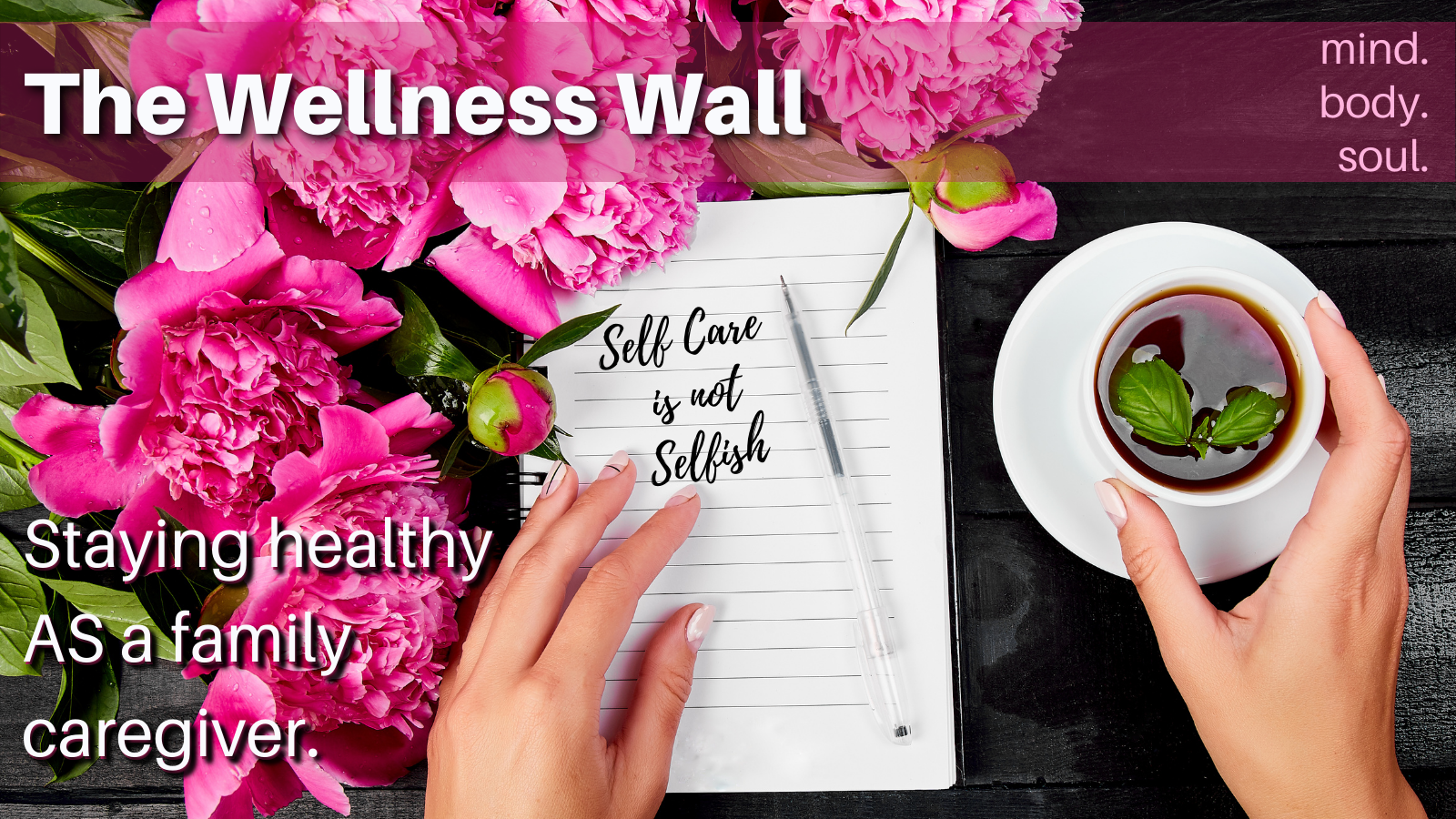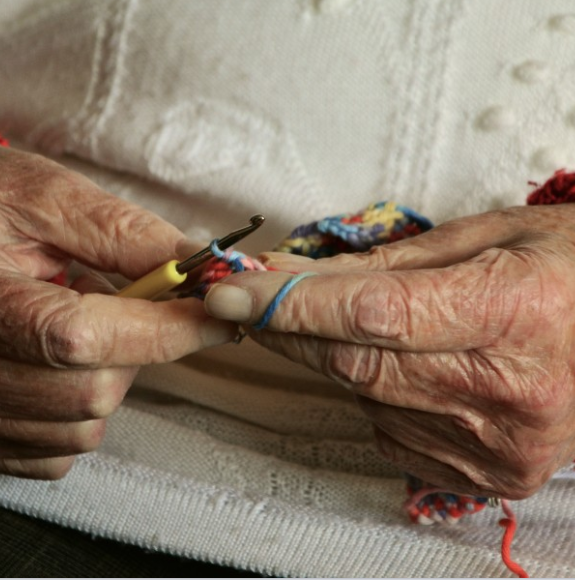TEXT SIZE
SHARE
Engaging activities for you and a loved one with Alzheimer’s and Dementia
It is very common for elders with Alzheimer’s disease and related dementia, to withdraw from activities, family or friends, although it is very important that they maintain these interests and relationships because it is proven that remaining engaged can help reduce the effects of memory impairment.
As a Caregiving Specialist at , I meet with many whose loved ones who are confronted with such diseases and not only will I offer support and resources to them, but I will often discuss the kind of activities that will help reduce cognitive and memory impairment decline.It is very important to keep your loved ones engaged and active in meaningful hobbies or social activities whereas as seniors living with the challenges of dementia and memory loss, often struggle to find activities that help them feel productive, capable and relaxed. Many of loved ones with dementia struggle to engage them in meaningful pastimes to curb their restlessness or stimulate their mind.
The website dailycaring.com provides suggestions for such activities, while noting that “Activities with no right or wrong are highly recommended because they’re fun, satisfying, and give a much-needed sense of accomplishment.”
In addition, Susanna Mostaghim, the Editorial Director for Virginia Tech, provided some scientific evidence of how such activities can help in her article “The Science Behind Why Cooking and Baking Help You Feel Better“, published on SpoonUniversity.com:
“According to a new study, published in the Journal of Positive Psychology, people who frequently do small, creative projects feel more relaxed and happier in their everyday lives. Researchers followed 658 people and found out that doing everyday tasks like cooking and baking made the group feel more enthusiastic about things the next day.”
Here are several stimulating activities from Alzheimer’s.net:
- Bake or cook. Select simple recipes, allow your loved one to measure, mix and pour if they are able to with your guidance.
- Basic House Cleaning. Clean around the house, wipe down a table, fold towels, sweep the patio, or simple organizational tasks that are tailored to
what your loved one is capable of. Completing household tasks can provide a sense of purpose and the positive gratification of an accomplishment.
- Do Arts and Crafts. Select crafts that can be accomplished with beginner-level skills, such as crocheting or painting, keeping the patterns or art media simple.
- Look at Books. Choose books that the person used to enjoy, or a BIG book of seek and find can help stimulate cognitive thinking. Look at old pictures or photo album books together that may help stir up memories.
- Play Music or sing songs. Listening to music, offers a positive and fun experience for your loved that will stimulate the brain.
The Arbor Company Senior Living Blog stated that “According to a 2010 Boston University study, Music Boosts Memory in Alzheimer’s –
- Song may be key to remembering daily meds, discovered that Alzheimer’s patients were more likely to remember lyrics on memory tests than if they were trying to learn spoken messages. Music delivers incredible stimulation to the brain, not just to learn new things, but also to spark old memories and enhance personal well-being.”
Engaging and offering stimulating, purposeful activities with your loved ones with Alzheimer’s and dementia can offer opportunities that will not only make your caregiving role easier, but can also help to create a stronger bond with your loved one.
Spring is just around the corner. Stay tuned for more activities that can be enjoyed with your loved one once the warm weather arrives.




 what your loved one is capable of. Completing household tasks can provide a sense of purpose and the positive gratification of an accomplishment.
what your loved one is capable of. Completing household tasks can provide a sense of purpose and the positive gratification of an accomplishment.